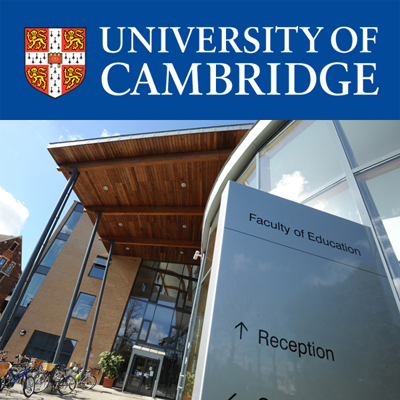'The Grimmness of Contemporary Fairy Tales': a Leverhulme Lecture given by Jack Zipes.
Duration: 1 hour 1 min
Share this media item:
Embed this media item:
Embed this media item:
About this item

| Description: |
'The Grimmness of Contemporary Fairy Tales': a Leverhulme Lecture given by Jack Zipes,
Leverhulme Visiting Professor at Anglia Ruskin University, on February 20, 2013 at the University of Cambridge, Faculty of Education, Hills Road, Cambridge. Introduced by Morag Styles. |
|---|
| Created: | 2013-02-22 12:18 | ||||||
|---|---|---|---|---|---|---|---|
| Collection: | World Wide Story Web | ||||||
| Publisher: | University of Cambridge | ||||||
| Copyright: | Jack Zipes | ||||||
| Language: | eng (English) | ||||||
| Keywords: | Jack Zipes; Grimm; Fairy Tales; Storytelling; Contemporary; Re-telling; German Literature; Robert Coover; Kate Bernheimer; Kelly Link; Adam Gidwitz; Transformations; Angela Carter; Sara Maitland; Ann Sexton; Leverhulme Trust; Anglia Ruskin; | ||||||
| Credits: |
|
||||||
| Abstract: | It is virtually impossible to escape the Brothers Grimm and their fairy tales in the twenty-first century. Especially in the Western world, their tales have infiltrated into our lives and in all their different variants have become dominant in the field of fairy tales.
Though there were a few parodies and unusual adaptations of the Grimms' tales in the nineteenth and the first half of the twentieth century, it was not until Ann Sexton provocatively re-wrote twenty-five Grimm tales in her book Transformations in 1971 that a new era, sparked in part by the feminist movement, began that opened new perspectives on the Grimms' tales and brought about a tidal wave of experimenting with the tales in literature, theatre, television, ballet, opera, film, storytelling, and other cultural domains. Since then there have been numerous post-modern experiments that are difficult to 'label' and interpret. In the twenty-first century they have appeared not only in Germany and English-speaking countries but in most countries in the world. This lecture focuses on the "Grimmness' of contemporary fairy tales, poems, novels, and graphic books to discuss the peculiar appeal that the Grimms' tales have for authors with diverse perspectives including Robert Coover, Kate Bernheimer, Kelly Link, Adam Gidwitz and others. In this lecture, Zipes alludes to other authors and non-literary works in an endeavour to understand what makes the Grimm tales so essential to these writers and the development of the fairy tale genre. |
|---|---|

